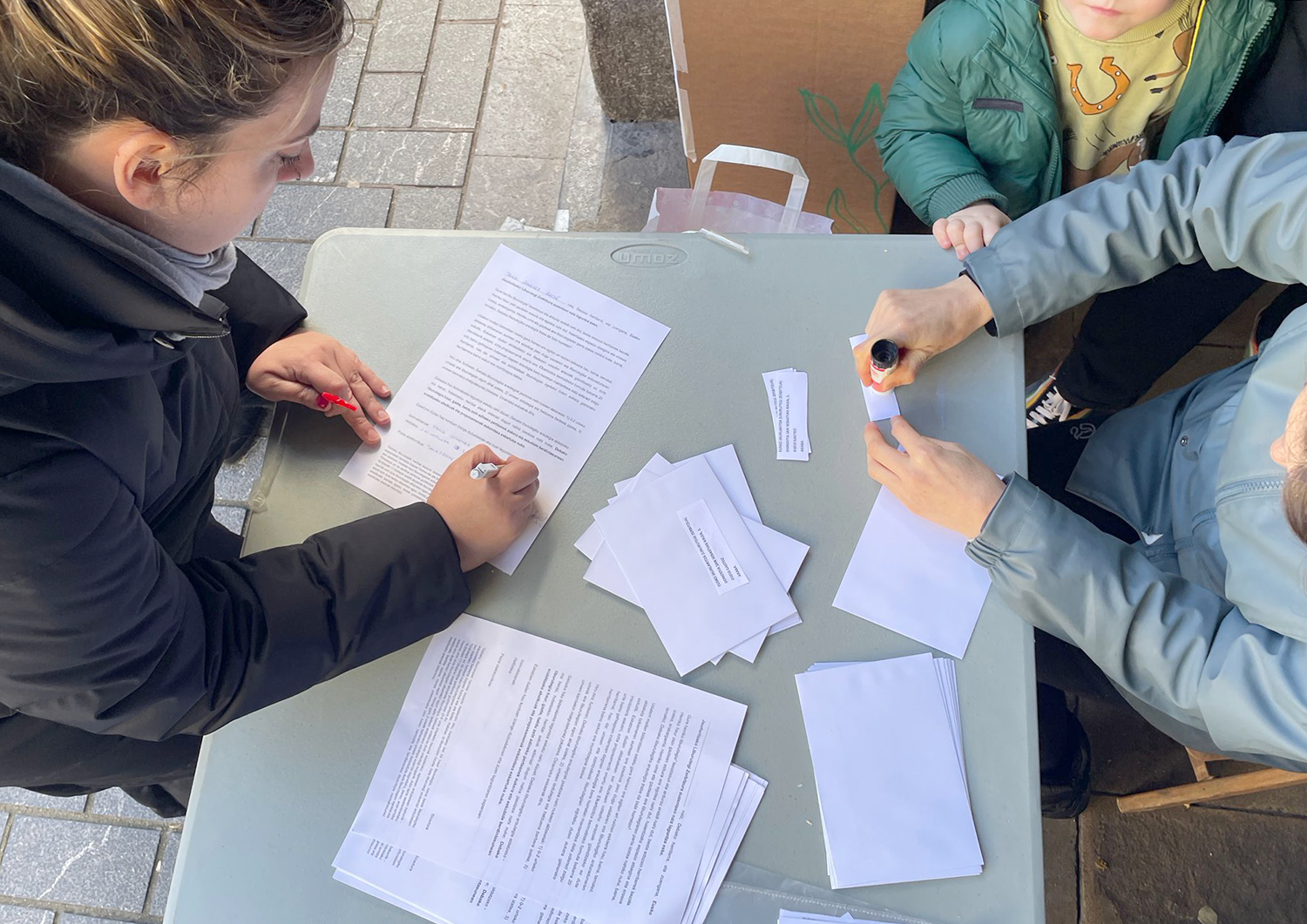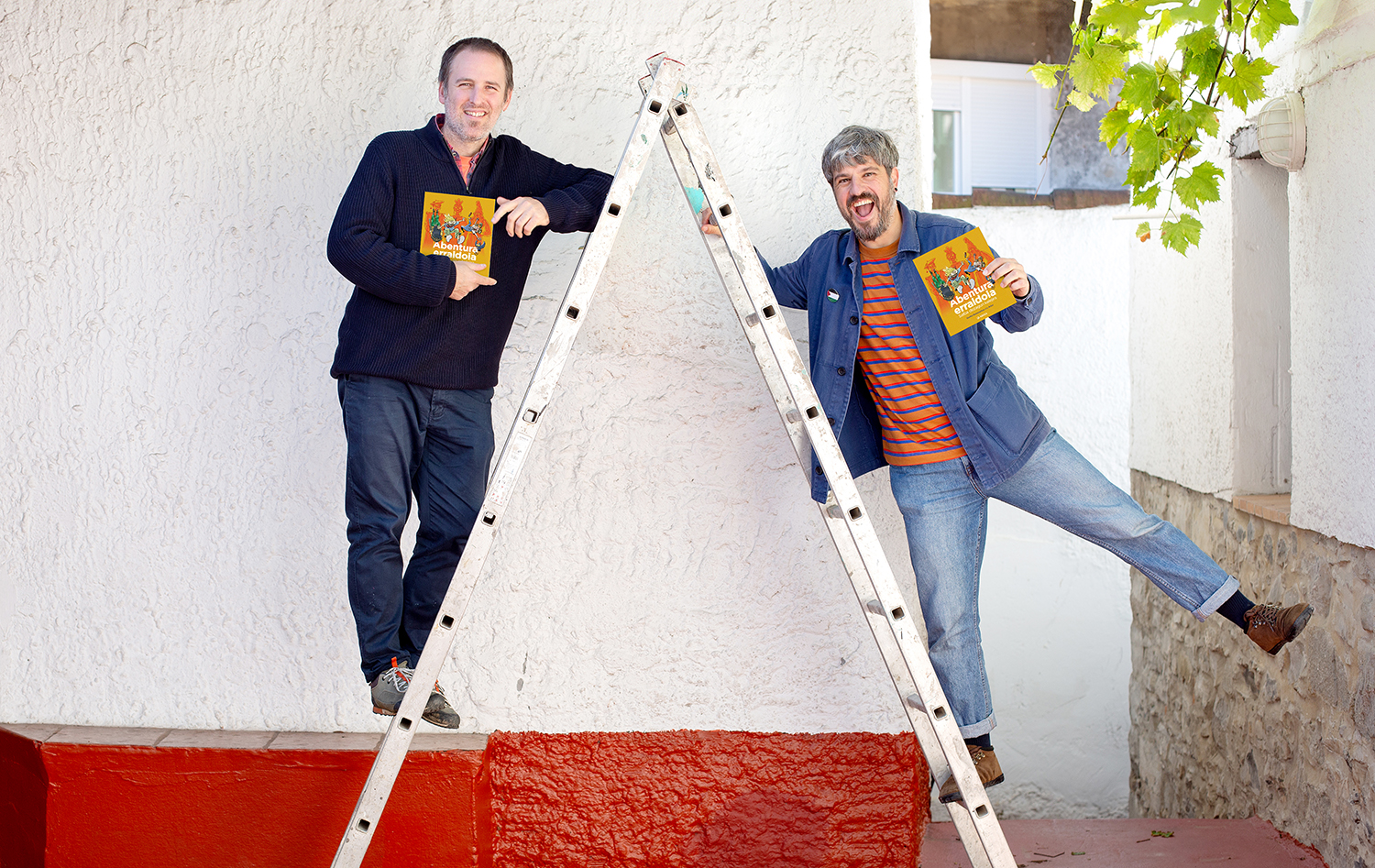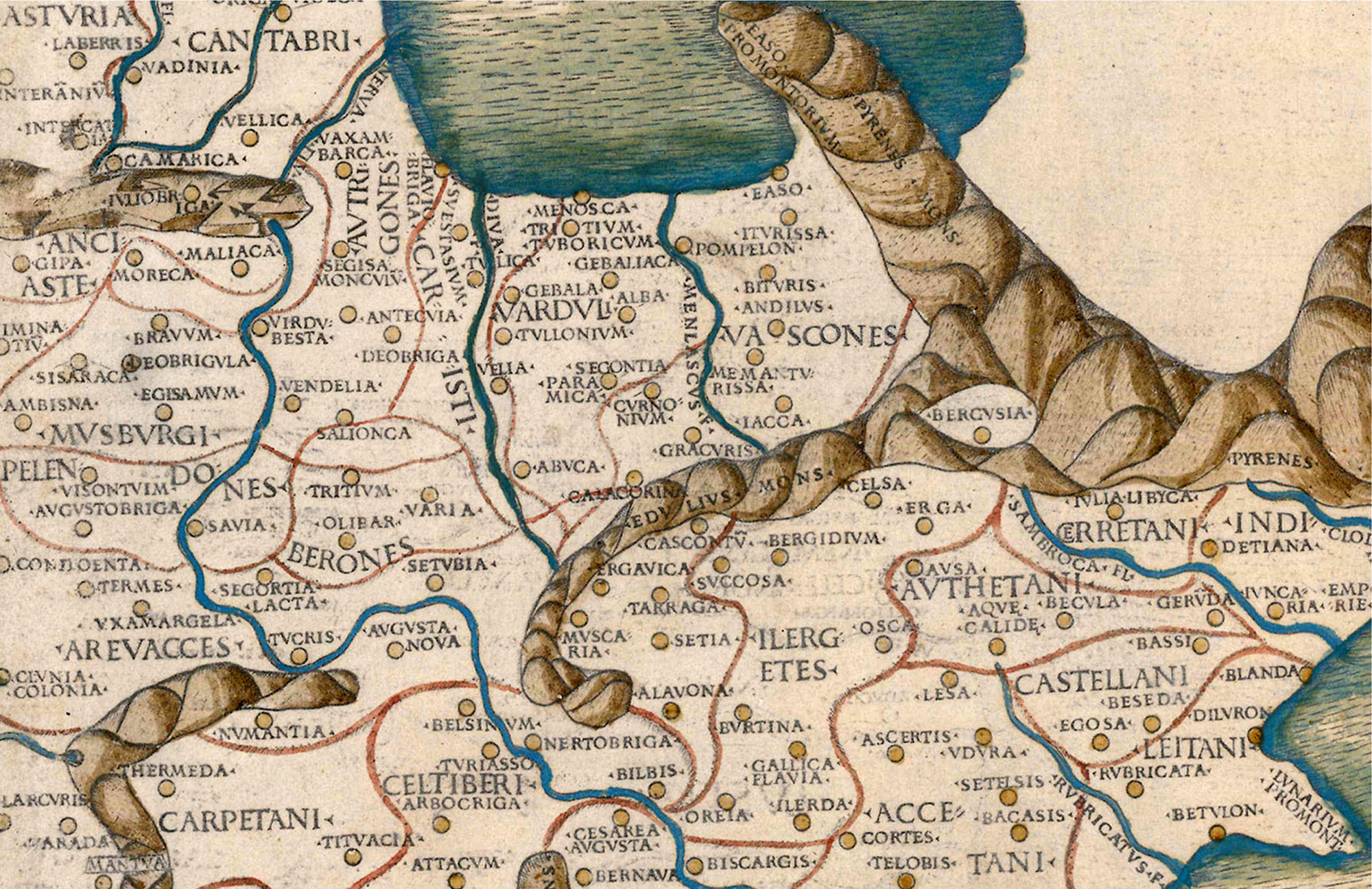Rimbaud has come
.jpg)
Anjel Lertxundi is right in the foreword: “Among the books of the most beautiful poems given by the Basque Country, the most influential work of Basque poetry is Bihotz-begiak of Lizardi: it has been almost the entire century since its publication (1932) and since then Basque poetry cannot be understood without Lizardi”.
Susak republished Lizardi. An editorial by Zarautz, of course. In Tolosa there is also a plaza of Lizardi, a beautiful solarium that gives to the Oria River, and a window of Lizardi, that of Chillida. And every time a reflection is made about the Basque Country, Lizardi has a touch of his own, in the Basque Country: “If from the readers we have worked our training for all tastes, for all tastes and for all bigaros, so that today, through a special knowledge, a special elerti, they will look and speak to humanity.” Lizardi, through the literature that crossed the literary realm, left a golden sheet before dying young, healthy, young. The Spanish Civil War has a biography without stains or fears and is part of our Basque consciousness.
José María Agirre Egaña was born in Zarautz in 1896, but spent almost his entire life in Tolosa. He held his first position as an assistant at the local bank. In 1923 he was offered a position as manager of the company Perot and worked in the metal network factory until his death. He married Pakita Izagirre. They had four children.
Etc...
And now Susak has brought to today's standard Basque graphics at Bihotz-begiak. It is a difficult exercise: to restore without touching anything a work so rich in images, so fresh and sacred for our letters. Josu Landa is great at this and she knows how to rewrite, remove and give as she does the translations, but she also knows, not to internalize: “Your country,/ our homeland,/ goes crazy/ and (over there I) pushed...”
This edition is a Lizardi without playing too much. The new paths that caused them, the neologism and the great expressions already forgotten, remain intact. Memory is an exercise of great beauty. He begins to read and realizes how important this Fresno was in our literature, such as Joan Maragall, Manuel Antonio, Frederic Mistral.
Party and recreation. Oral History of Rock Radical Vasco
Javier 'Jerry' Corral
Books, 2025
------------------------------------------------
Javier Corral ‘Jerry’ was a student of the first Journalism Promotion of the UPV, along with many other well-known names who have... [+]






















